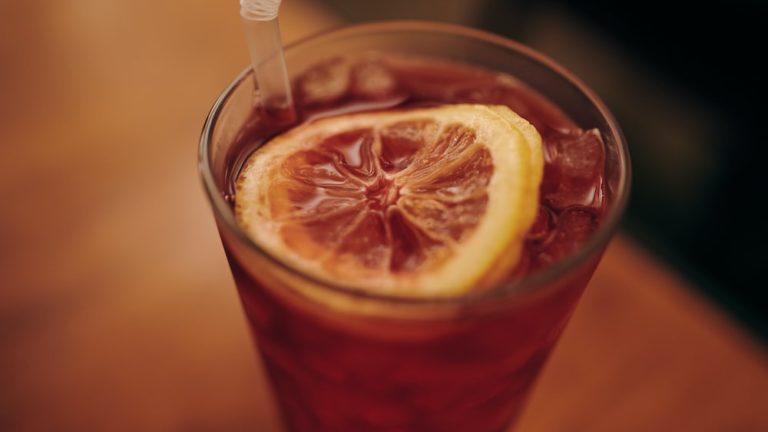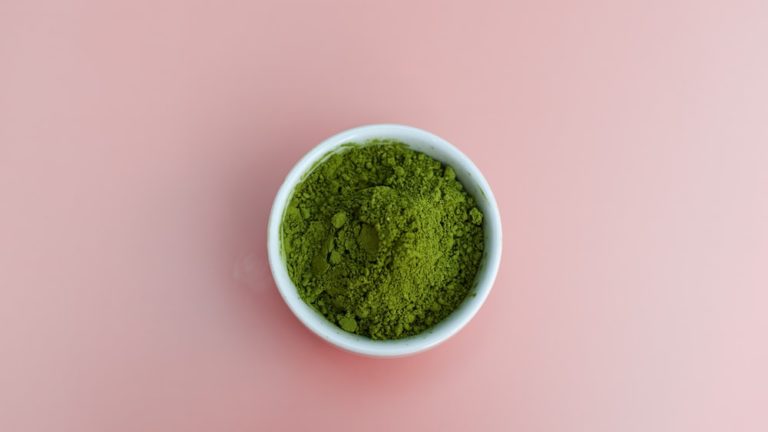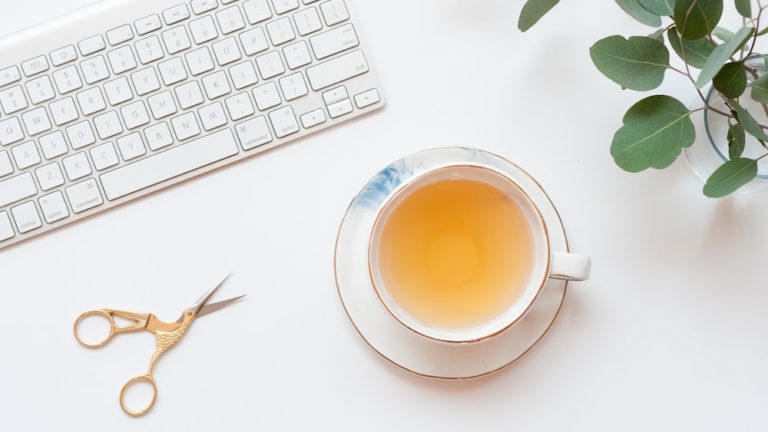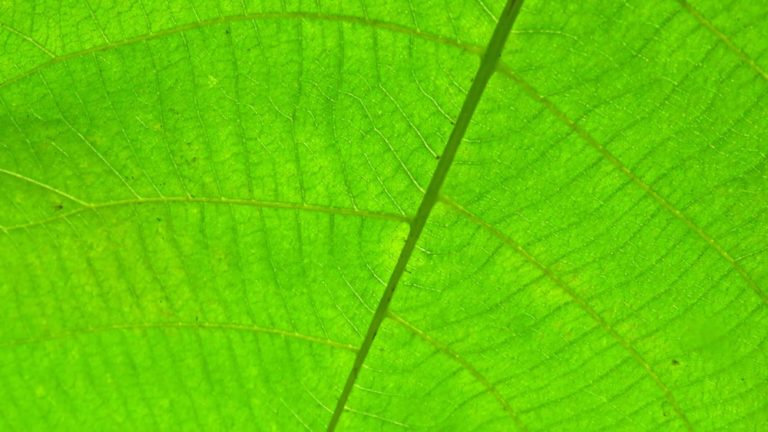Why Does Tea Make You Pee? The Surprising Truth Revealed!
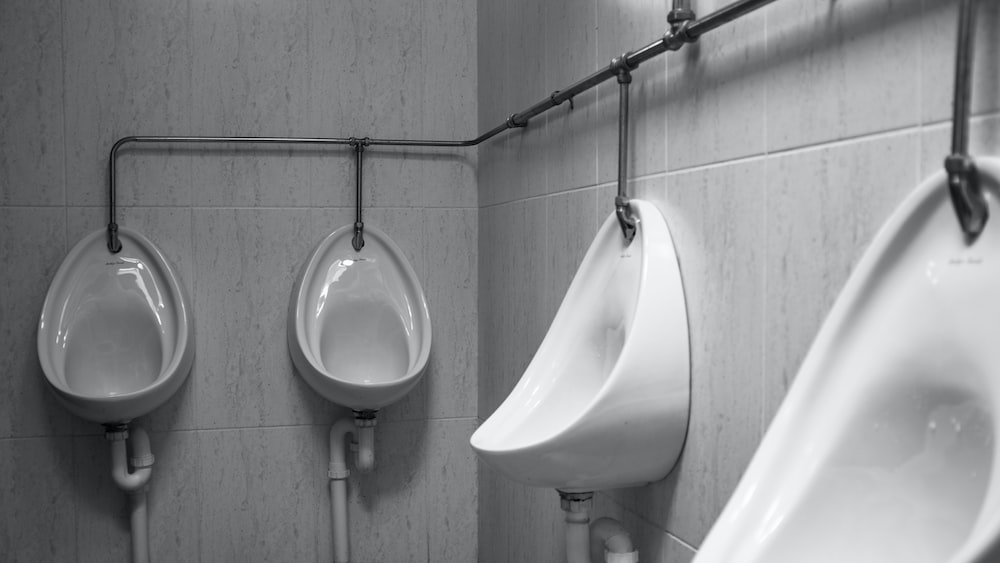
Why Does Tea Make You Pee? The Surprising Truth Revealed!
Hello my tea-sipping mates! Isn’t it strange how your favorite cup of tea seems to evoke a peculiar call of nature as if your bladder has set an alarm clock? You want to drench yourself in the subtle, soothing flavors of your beloved brew, but alas, the fear of frequent bathroom breaks keeps twitching your nerves. You can’t help but wonder aloud (we’re all friends here, so let’s not hesitate), “why does tea make me pee so much?”
Just when you thought tea time was supposed to be serene, your bladder decides to play a goofy prank on you, timing itself perfectly with your tea breaks! But it’s nothing to be overly tea-rrifed about (see what I did there?). Surely you and your bladder aren’t the only ones harmonizing in this tea-pee symphony. Got your interest steeped? Pull up a comfortable chair and let’s explore the journey of your tea – from your cup through to your…well, you know.
The Science Behind Tea and Urination
Have you ever pondered why tea has this uncanny ability to transform into a pee-magnet inside your bladder? It’s all in the science, dear tea lovers! Buckle up, as we are about to dive deeper into the teapot – I mean the human body – to brew some knowledge!
Understanding Diuretics
Ever hear the term ‘diuretic’ and mistake it for a rare dinosaur species? Well, it’s far from that. Diuretics act like the party police in your body’s fluid rave, regulating its duration and effects. They significantly pep up the rate of urination, leading to all this bothersome bladder activity. In terms of our tea saga, certain substances in your loving cup act like a mild diuretic. So now you see, it’s not your pee betraying you, it’s these sneaky diuretics!
In the most non-boring way possible, let’s break down the concept further. Your kidneys are like diligent janitors diligently working to filter impurities from your blood (you could say they’re our natural detox superheroes). When diuretics enter the scene, they press the ‘Fast Forward’ button on your kidneys, speeding up the filtration process. Instead of reabsorbing a higher portion of water back in your system, the kidneys end up producing more urine. Voila! You’re running to the loo every other minute!
Certain substances in tea act like a mild diuretic, speeding up the filtration process in your kidneys and leading to increased urination.
The Role of Caffeine in Tea
What increases the diuretic effect in your tea? The culprit is none other than caffeine. The not-so-innocent sidekick of your mouthwatering tea, caffeine has formed a gang with diuretics that has your bladder running for its life – quite literally. Allow me to enlighten you about the caffeine factor in your beloved tea.
A stimulant by nature, caffeine has a sneaky hobby: it likes to increase blood flow to your kidneys and inhibit reabsorption of sodium, thus encouraging your kidneys to produce more urine. It’s like a relentless drill sergeant shouting, “Alright, kidneys, march double time!”. Before you know it, you’re planning your escape route to the nearest restroom!
But hold your horses, or should I say, hold your cups! Not all teas are created equal when it comes to the caffeine content. Black teas hold the crown (or should we say, the tea strainer?) for the most caffeinated, while green teas and oolongs hold their reign a little lower. White teas? They’re the lightweight champions! Keep in mind, though, that caffeine content can vary based on brewing time and temperature.
How Tea Affects the Bladder
For many of us, tea is a heavenly haven that quenches our thirst and warms our souls. But, at the risk of pouring cold water on our tea-loving parade, we must spill some of the potential downsides concerning our bladder’s affairs.

Tea and Overactive Bladder (OAB)
Does your bladder seem a bit too eager, a bit too overzealous in its duties ever since you befriended tea? Welcome to the world of Overactive Bladder, or OAB, as the fancy health journals say. Due to certain ingredients in tea (that caffeine again), those with OAB might find that their symptoms have worsened – yes, more frequent trips to the loo, sometimes even involuntary leakage! Eek!
Though it might sound dire, don’t fret! Your love affair with tea doesn’t have to sink; it just needs some tweaking. Lowering your intake volume, swapping to lower caffeine tea, or simply sipping your brews in moderation can curb these symptoms. Remember, it’s always about maintaining a harmonious tea-bladder bond!
Does Tea Irritate the Bladder?
Ever catch your bladder grumbling more than usual? Tea might unfortunately be a part of the problem. Well, it’s not the actual tea, but caffeine and other acidic compounds it carries. For some sensitive souls, these substances can cause your bladder to get a bit irritated, leading to symptoms of discomfort, frequency, or urgency.
Fear not, not every change calls for a full-blown tea-riot. Bladder irritation due to tea can usually be navigated by some simple lifestyle changes. Try cutting down on caffeine-heavy teas, experiment with herbal tinctures, or complement your tea habits with other soothing fluids. Just like a balancing act, acquiring the perfect tea-bladder partnership takes test, trial, and some wise sips!
And ladies, hold onto your tea cups tight! Studies show females, particularly post-menopause, might experience bladder irritation due to tea more than their male counterpart. But like a tea stain that vanishes with a little lemon juice, these discomforts too can be managed with the right treatment and lifestyle changes.
Comparing Tea to Other Beverages
Now, here’s the real tea! Is it only the humble tea that’s scheming to make you pee or do other beverages join the party too? Tea versus coffee – which makes you pee more? What about herbal teas? Soda? Water? Do they dial your bladder’s hotline too? Let’s dive in and uncork the truth about other beverages in the next segment. Let’s keep the kettle boiling with more tea-rrific revelations!
Tea vs. Coffee: Which Makes You Pee More?
Alright, let’s cut straight to the chase. It’s the ultimate bladder battle: tea vs. coffee. So how do these two beverage behemoths stack up when it comes to sending you scurrying for the loo?
Well, putting it bluntly: both tea and coffee, being loaded with caffeine (a natural stimulant), are famous for their diuretic effects, which is just a sophisticated way of saying they increase urine production and thus, make you pee. Coffee however, tends to be significantly higher in caffeine than most teas, making it the more potent porcelain god summoner of the two. But you’re not off the hook with tea, don’t you worry!
The Impact of Herbal Teas
Now, don’t go thinking you’ve found a loophole by switching to herbal teas just yet! Even though they’re generally less caffeinated, different types of herbal teas have different sorts of diuretic properties. Pour yourself a cup, let’s dive into this.
Green tea for instance is often heralded as the healthier alternative and it is indeed lighter in caffeine. However, its diuretic properties are still there, dancing like merry sprites around your bladder, instigating changes in urine evacuation. Woo hoo!
Herbal teas such as hibiscus and dandelion are even noted for their strong diuretic effects, almost as if they’ve been scheming behind our backs while we thought they were being all innocent and leafy. Oh, the betrayal!
As for being fully supportive of your treks to the bathroom, chamomile tea and peppermint tea will not disappoint you. These are mild diuretics, but frequent intake might transform your bathroom trips into grande tours.
Different types of herbal teas have varying diuretic properties, with green tea being lighter in caffeine but still having diuretic effects, while herbal teas like hibiscus and dandelion are noted for their strong diuretic effects.
Health Implications of Frequent Urination
Whoa, hold on second, champ! While it may seem like a benign occurrence, this frequent urination business isn’t necessarily all fun and games. That’s right, there are health implications that are tied to frequent bathroom breaks, which are both important and intriguing.
The Connection Between Tea and Kidney Stones
In the spirit of peel-the-curtain-back revelation, let’s chat about tea and kidney stones, the uninvited guests at your body’s internal party. Tea, especially black and green tea, is rich in oxalates, a type of chemical compound.
Over-consumption of these oxalate-rich beverages could potentially lead to the formation of kidney stones. We see you wincing there, and we didn’t mean to freak you out but it’s essential to connect the dots and understand the potential implications of regular and high-intensity tea-drinking.
Balancing Hydration and Urination
Hang on a second, you might be thinking, what’s all this urination got to do with hydration? Well, much more than you’d ever imagined! When it comes to tea consumption, the balance between hydration and urination is a delicately danced duet.
The increased trips to the bathroom can lead to the great balancing act: maintaining proper hydration. While tea is a fluid, leading some to believe it aids in hydration, the diuretic effects of its caffeine contents can tip the scales towards dehydration. Hey, it’s a topsy-turvy world in there!
Managing Tea Consumption for Bladder Health
Alright, let’s salvage this situation! You’re a tea-lover, we get it. You don’t want to give your favorite beverage the boot, and you don’t have to. Managing tea consumption efficiently can help ensure bladder health and keep your trips to the bathroom in check.
Tips for Reducing Tea-Induced Urination
Brace yourselves because here come the hard-hitting tips. Firstly, consider reducing the amount of tea you drink daily. A tidal wave of tea might sound fun but your bladder won’t be as thrilled.
Secondly, if you’re drinking tea that’s high in caffeine, consider a switch to lower-caffeine alternatives or even decaf teas. And last but not the least, resist the urge to down a massive mug of tea right before bedtime. That’s like sending a VIP invitation to your bladder for a midnight fiesta. We’re all for parties, but not the ones in your pants.
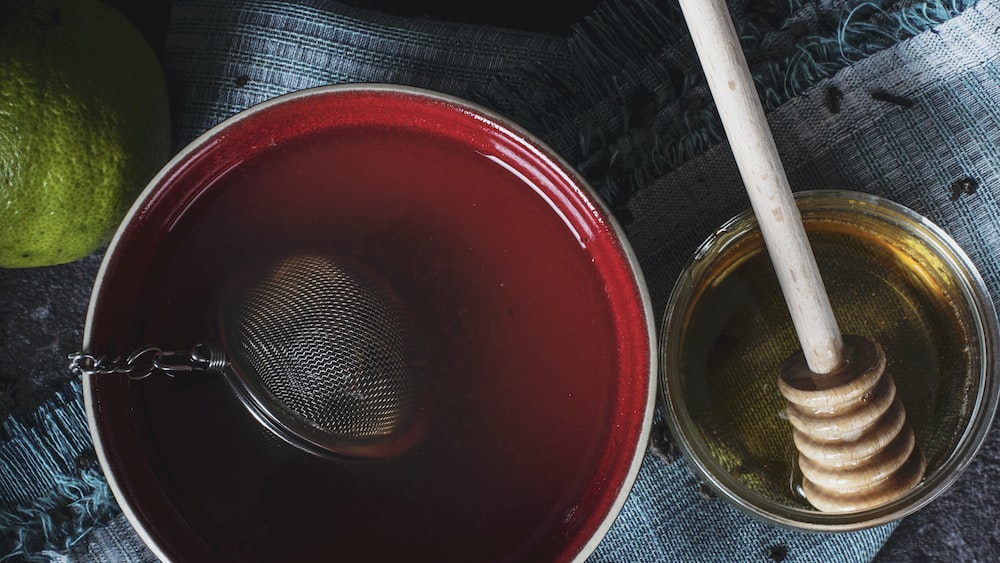
Remember, the goal is not to abandon your beloved tea, but find a harmonious balance that’ll make you and your bladder equally jubilant!
Alternatives to Traditional Tea
If your body is throwing a not-so-subtle hint by directing you to the restroom more often than you’d like, tossing the traditional tea bags might be a good idea. Fear not, my dear tea enthusiasts, for this doesn’t mean saying adieu to your much-loved hot drink sessions. There are ample alternatives to traditional tea, and the color and vibrancy of these options might just make your tea time more exciting!
Take herbal teas, for instance. Unlike black or green tea, these beauties are virtually caffeine-free. They are hydration companions, that cater to your fluid intake needs without lighting up your bladder’s Christmas lights. Remember, these teas have varying flavors, some sweet, some piquant, and others that mimic the comforting taste of traditional teas.
Another exciting alternative comes straight from the heart of South America – say ‘Hola!’ to Yerba Mate. This tea does contain caffeine, but its effects on the bladder are less than traditional tea. If you’re in the mood for an experiment, try chicory-root or roasted barley “tea.” Although it lacks the traditional tea’s astringency, it is quite effective in mimicking a rich, dark brew.
If you’re experiencing frequent trips to the restroom, try replacing traditional tea with herbal teas or Yerba Mate to reduce caffeine intake and avoid irritating your bladder.
FAQs
1. Why does green tea make me pee so much?
When you observe that green tea is sending you to the restroom quite frequently, brew yourself a quick lesson in fluid ingestion. Green tea contains caffeine, a known diuretic. A diuretic simply boosts urine production by inhibiting the anti-diuretic hormone (ADH) in the body, and voila – bathroom breaks galore!
2. Can drinking too much tea cause urinary tract infections?
While tea is known to increase urine production, it’s worth noting that it does not directly instigate urinary tract infections (UTIs). UTIs primarily occur owing to bacteria, not increased urine production. However, if long-held urine harbors bacteria, frequent urination might actually help in eradicating them.
3. How can I enjoy tea without frequent trips to the bathroom?
Striking a balance between enjoying your tea and controlling your bathroom trips may seem like a juggling act. Nonetheless, a few clever moves can help. Begin by moderating your fluid intake from tea. Opt for low-caffeine or caffeine-free options, like herbal teas, and try to limit your evening tea intake to avoid nighttime bathroom visits.
4. Is it harmful to drink tea if I have an overactive bladder?
With an overactive bladder, the incorporation of tea into your dietary habits should be monitored. It’s not necessarily harmful, but caffeinated teas can increase the frequency of bathroom trips. A smart move would be to switch to low-caffeine or caffeine-free options, as they are less likely to disturb your already active bladder.
Conclusion
So there you have it, folks. It seems our trusty, comfort-giving hot tea may have a rather damp side – it’s a bladder whistle-blower! But should this be a cause for worry? Should you banish your tea souls just because you’re on a first-name basis with your restroom? Absolutely not.
It’s all about balance, really. Just tweak your tea drinking habits here and there. Rotate between herbals, blacks, greens, and oolongs. Monitor your fluid intake, watch out for any high oxalate excretion indicators and, of course, savor every sip of your warming brew without guilt.
As we’ve seen, peeing, much like spilling the tea, is just another way for your body to express itself quite radically. So, next time you’re curiously asked, “Why does tea make you pee?” you can nonchalantly say, “Well, it’s just how the bladder rolls!”
No more hiding under the umbrella of ignorance. Now, grab that cup of steamy goodness and enjoy it. After all, a day without tea is like a day without sunshine, right? Take care, my tea enthusiasts, and always remember: Your bladder has got your back, or bottom, to be specific!
Signing off, Zoe

